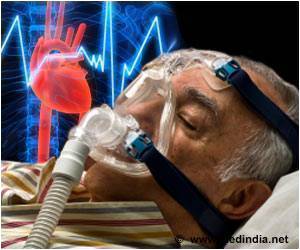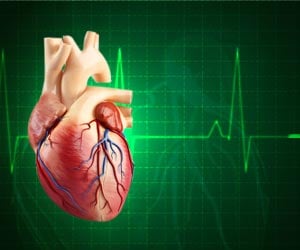According to a new research in an American Heart Association journal,extreme temperatures during heat waves and cold spells may increase the risk of premature cardiovascular disease (CVD) death.

"With increasing rates of obesity and related conditions, including diabetes, more people will be vulnerable to extreme temperatures and that could increase the future disease burden of extreme temperatures," Huang said. Researchers collected data on daily temperatures in Brisbane, Australia between 1996 and 2004 and compared them to documented cardiovascular-related deaths for the same period. Brisbane has hot, humid summers and mild, dry winters. The average daily mean temperature was 68.9 degrees Fahrenheit (20.5 degrees Celsius), with the coldest 1 percent of days (53 °F /11.7 °C) characterized as cold spells and the hottest 1 percent (84.5°F/ 29.2 °C ) heat waves. Per 1 million people, 72 years of life were lost per day due to CVD, researchers said.
Risk of premature CVD death rose more when extreme heat was sustained for two or more days, researchers found."This might be because people become exhausted due to the sustained strain on their cardiovascular systems without relief, or health systems become overstretched and ambulances take longer to reach emergency cases," said Adrian G. Barnett, Ph.D., co-author of the study and associate professor of biostatistics at QUT. "We suspect that people take better protective actions during prolonged cold weather, which might be why we did not find as great a risk of CVD during cold spells."Spending a few hours daily in a temperate environment can help reduce heat- and cold-related illnesses and deaths, Barnett said. Researcher acknowledged that the findings may not apply to other communities and that they only considered deaths where CVD was the underlying cause.
Source-Eurekalert
 MEDINDIA
MEDINDIA




 Email
Email





